Facts on Astronomy From the Qur’an
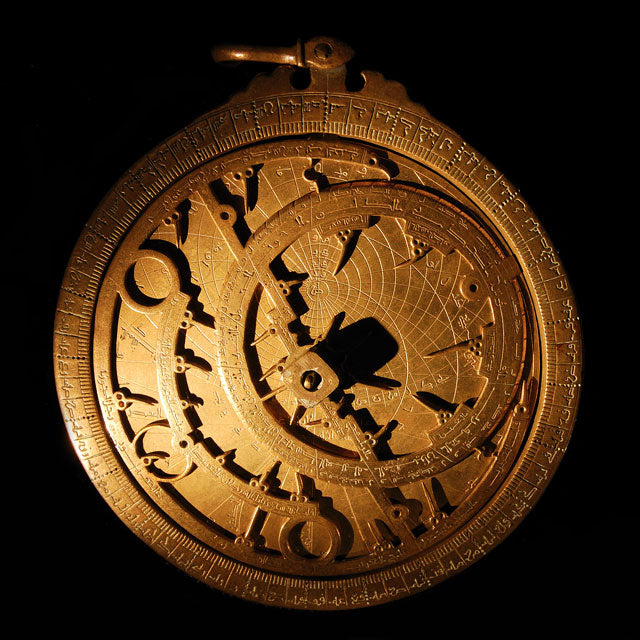
Allah said: This is no less than a reminder to (all) the worlds. And you shall certainly know the truth of it (all) after a while. (Qur’an 38:87-88).
Thus, the Qur’an is a reminder for all of mankind until the Last Hour. It contains information that man discovers in due time. Because this Qur’an was revealed from Allahs knowledge and every single verse in it was revealed with Allahs knowledge, as He Himself said:
But Allah bears witness that what He has sent unto you He has sent with His (own) knowledge… (Qur’an 4:166).
Every single verse contains divine knowledge, but mankind is constantly developing. In attaining higher levels of scientific understanding, mankind is then capable of discerning the divine knowledge contained in a given verse. Thus, coming to know that this verse has been revealed from Allah, with the ever-continuing process of human progress and development, man will come to find the clue that enables him to understand another verse, and so on. In this way, mankind will continue to understand more and more verses. This is the wondrous characteristics of the Qur’an.
Professor Armstrong works at NASA, otherwise known as the National Aeronautics and Space Administration, where he is a well-known scientist there. We met him and asked a number of questions about Quranic verses dealing with the expertise in Astronomy. We asked him about iron and how it was formed. He explained how all the elements in the earth were formed. He stated that the scientists have come only recently to discover the relevant facts about that formation process. He said that the energy of the early solar system was not sufficient enough to produce elemental iron.
In calculating the energy required to form one atom of iron, it was found to be about four times as much as the energy of the entire solar system. In other words, the entire energy of the earth or the moon or the planet Mars or any other planet is not sufficient to form one new atom of iron, even the energy of the entire solar system is not sufficient for that. That is why Professor Armstrong said that the scientists believe that iron is an extraterrestrial that was sent to earth and not formed therein. We read to him the Qur’anic verse saying:
And we sent down Iron, in which is Great might, as well as many benefits for mankind. (Qur'an 57-25).
Then we asked him about the sky and whether it had any gaps or rifts in it. He disproved this and replied that what we are talking about is a branch of astronomy called the Integrated Cosmos which we scientists have only come to know recently. For example, if you have a body in outer space which travels a certain distance in any direction and then travels the same distance in a different direction, you will find that the mass weight is the same in all directions. Because this body has its own equilibrium, the pressures from all directions are the same. Without this equilibrium, the whole universe would collapse. I recalled Allah's verse in the Qur’an:
Do they not look at the sky above them? How we have made it and adorned it, and there are no flaws in it? (Qur'an 50:6).
Then we talked to Professor Armstrong about the attempts of scientists to reach the edge of the universe, and we asked him whether they were successful in this. He replied that they are fighting an uphill battle to the edge of the universe. We construct more powerful equipment to observe the universe only to discover that the new stars we see are still within our galaxy and that we have not yet reached the edge of the universe. He is aware of the Quranic verse which says: And we adorned the lowest heaven with lamps and we made such (lamps) missiles to drive away satans. (Qur’an 67:5).
Indeed, all these stars are adornments for the lowest heaven. He says that scientists have not reached the end of the universe. Professor Armstrong added that because of this, they are thinking of stationing more telescopes in outer space so that their observations will not be obstructed by dust and other atmospheric impediments. Vision telescopes using light are unable to travel long distances, so we replaced them with radio operated ones enabling us to see further, but we nevertheless are still within the boundaries. I mentioned to him this verse:
So turn thy vision again: Do you see any flaw? Again turn your vision a second time: (your) vision will come back to you dull and discomfited, in a state worn out. (Qur'an 67:3-4).
Each time Professor Armstrong told us some scientific fact, we mentioned to him the relevant verse which he agreed with. Then we said to him: You have seen and discovered for yourself the true nature of modern astronomy by means of modern equipment, rockets, and space ships, developed by man. You have also seen how the same facts were mentioned by the Qur’an 14 centuries ago, so what is your opinion about these?
He replied: “That is a difficult question which I have been thinking about since our discussions here. I am impressed at how remarkably some of the ancient writings seem to correspond to modern and recent astronomy. I am not a sufficient scholar of human history to project myself completely and reliably into the circumstances that 1400 years ago would have prevailed.”
“Certainly, I would like to leave it at that what we have seen is remarkable, it may or may not admit of scientific explanation. There might have to be something beyond what we understand as an ordinary human experience to account for the writings that we have seen. It is not my intention or my position at this point to provide an answer to that. I have said a lot of words without, I think, expressing exactly what you want me to express, but it is my job as a scientist to remain independent of certain questions and I think that is one of the reasons that I had better stop just a little bit short of giving you the complete answer that you might desire.”
Yes, it is very difficult to imagine that this knowledge revealed in the Book of Allah fourteen centuries ago could have come to Prophet Muhammad (sallallahu alaihi wa sallam) from a human source. There must be some other source from which scientists derive their knowledge because only Allah knows the secrets of the heavens and the earth. As we have seen and heard from the various meetings with these scientists, we are on the threshold of a new age.
This is an age where religion and science can embrace, the true religion and true science. Therefore, there can be no contradiction whatsoever between the two, nor should there be any opposition. This is the conclusion that Muslim scholars have arrived at throughout centuries. That is, there is no possibility that a proven scientific fact could contradict a divinely revealed truth which has been clearly understood. If they say we are in the space age, it is true, it is the age where scientific knowledge and religion would agree, but this can only be between true knowledge and the religion of Islam, which Allah has preserved from all falsification and alteration.
1 Response
Leave a comment
Also in SCIENCE & MEDICINE
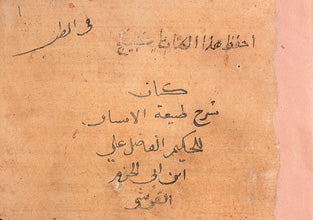
Revolution by the Ream
Paper, one of the most ubiquitous materials in modern life, was invented in China more than 2000 years ago. Nearly a millennium passed, however, before Europeans first used it, and they only began to manufacture it in the 11th and 12th centuries, after Muslims had established the first paper mills in Spain. The German Ulman Stromer, who had seen paper mills in Italy, built the first one north of the Alps at Nuremberg in the late 14th century.
The cultural revolution begun by Johann Gutenberg's printing press in 15th-century Mainz could not have taken place without paper mills like Stromer's, for even the earliest printing presses produced books at many times the speed of hand copyists, and had to be fed with reams and reams of paper. Our demand for paper has never been satisfied since, for we constantly develop new uses for this versatile material and new sources for the fiber from which it is made. Even today, despite the computer's promise to provide us with "paperless offices," we all use more paper than ever before, not only for communication but also for wrapping, filtering, construction and hundreds of other purposes.
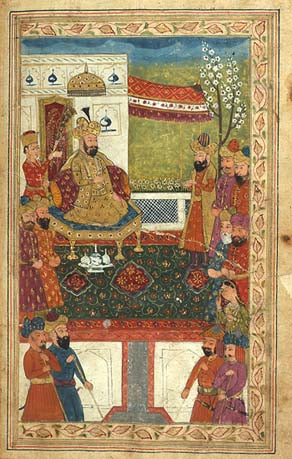
Scientific Inventions by Muslims
Inventions
Abul Hasan is distinguished as the inventor of the Telescope, which he described to be a Tube, to the extremities of which were attached diopters”.
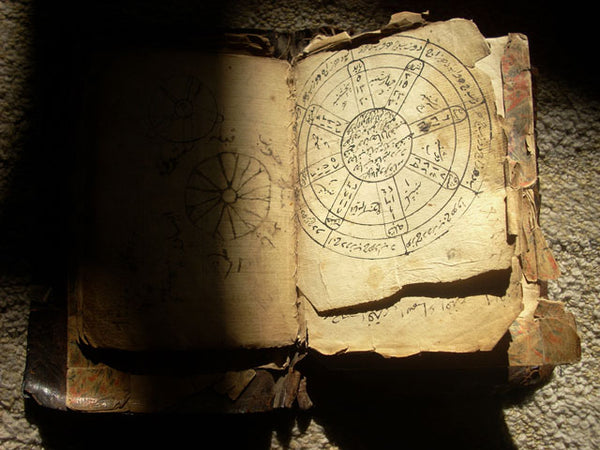
The Great Explorers of Islam
It was an Arab caravan which brought Hazrat Yusuf (Prophet Joseph) to Egypt. Moreover, the fertile areas in Arabia including Yemen, Yamama, Oman, Bahrein and Hadari-Maut were situated on the coast, and the Arabs being sea-faring people took sea routes in order to reach these places and fulfilling their commercial ventures.
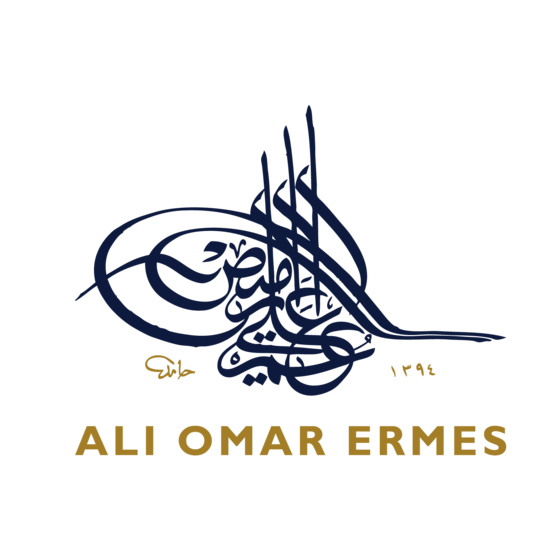

anouar.kassim
December 31, 2024
Thank you for the many articles about Science and Astronomy within Quran. The simplicity of the language used to explain this topic is great and helpful.
The images of the compass is very clear, how do you use it in modern context? How do you apply within schools creating an exhibition as a learning tool. Is there one?
Thank you
Anouar